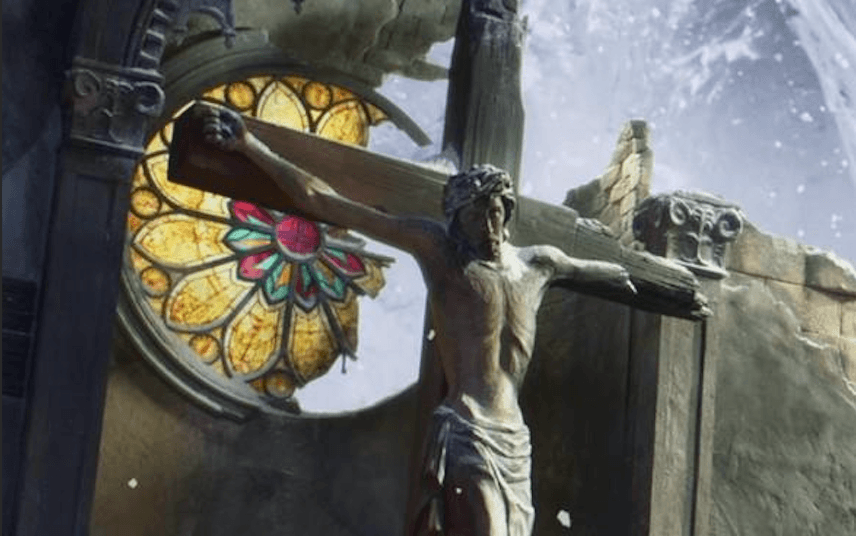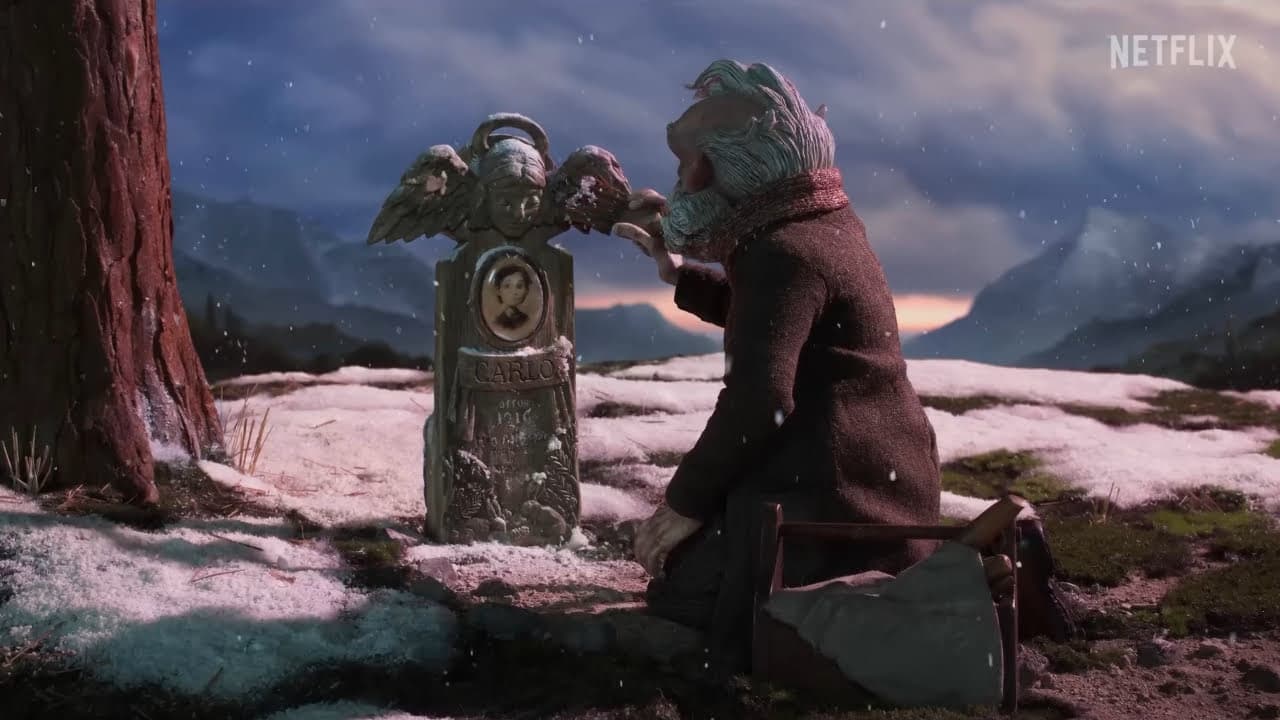The Christian Allegory at the Heart of Guillermo del Toro's Pinocchio
Spoiler Alert! This Post contains spoilers for Guillermo del Toro's Pinocchio
When I saw this film, I was expecting many things: a beautifully animated film, a twist on the Pinocchio formula, redemption at the end - all this was delivered, and yet I was unprepared for the sentimentality with which this film is woven and the Christian themes in it.

There's a scene where pointing at Jesus's statue which Gepetto is slowly building, Pinocchio asks, "Why do they love him and not me, Papa? I am made of wood too." Instead of answering this question directly, Del Toro chooses to craft a gut-wrenching film that has this question at its heart.
It was no coincidence that the bomb that kills Gepetto's son Carlos also destroys the statue of Jesus he was helping build. Central to this film is Gepetto's loss of faith. (Not surprising given that Del Toro describes himself as a lapsed Catholic.) After this, Gepetto takes matters into his own hands and attempts to do what God isn't: give life to his dead son.
Carlos never comes to life, but Pinocchio does. Pinocchio is a reflection of Carlos in some ways and an entirely new person in others. He is rambunctious, defiant, and, most importantly, highly impressionable. He is a blank slate upon which everyone will write their stories.

Throughout the film, everyone uses Pinocchio for their selfish ends, and he, a Christ-like figure, has to carry the burden of their sins.

Pinocchio eventually makes the ultimate sacrifice and gives up his life for that of his father. What follows is a scene which is the pinnacle of this film - Gepetto holds Pinocchio's lifeless body and weeps. By making this sacrifice, Pinocchio has risen to divinity in the narrative. In the end, "they" (now meaning the viewers) grow to love Pinocchio unconditionally due to his Christ-like sacrifice. And this parallelism is only strengthened when he ressurects and reunites with Gepetto.
© Aman Garg.